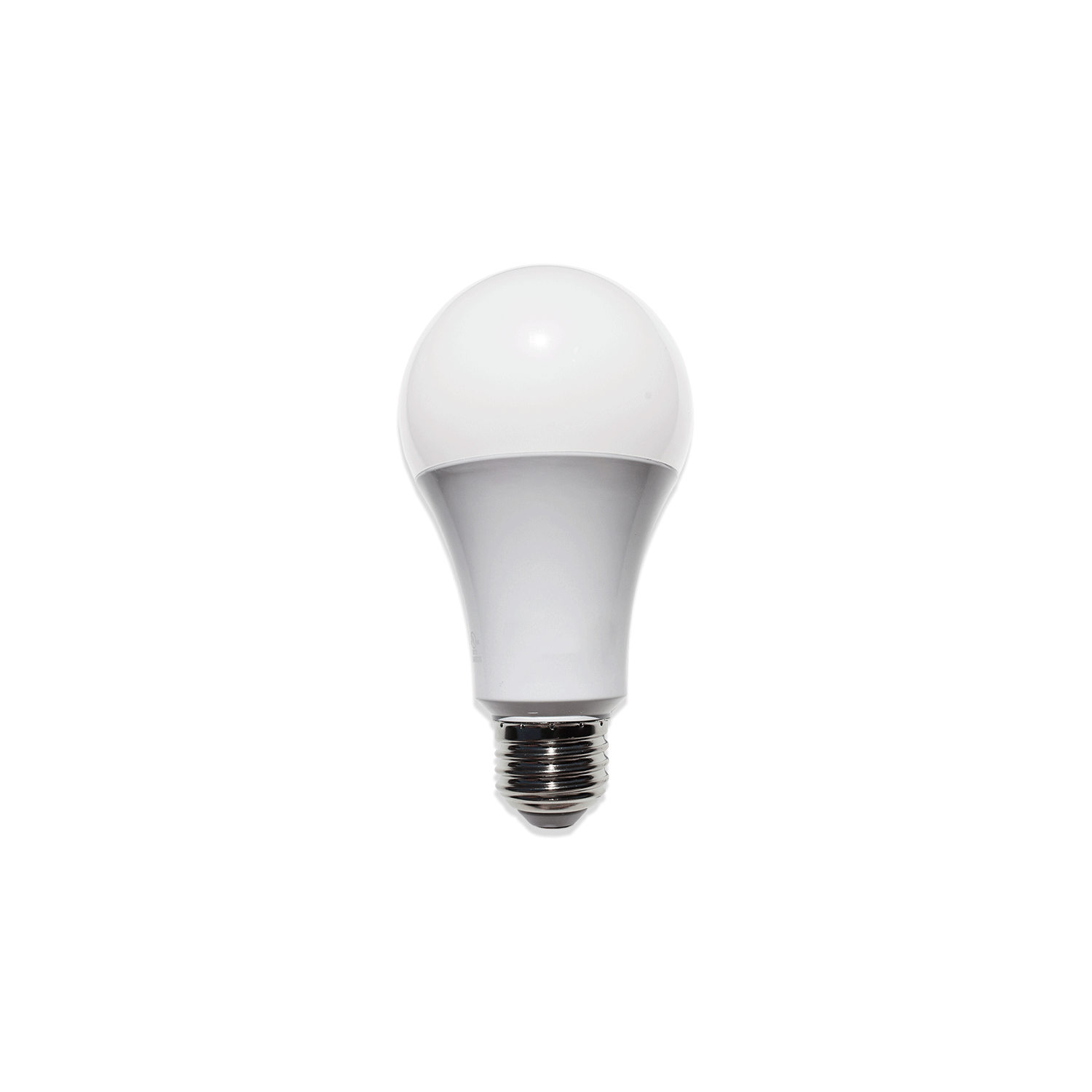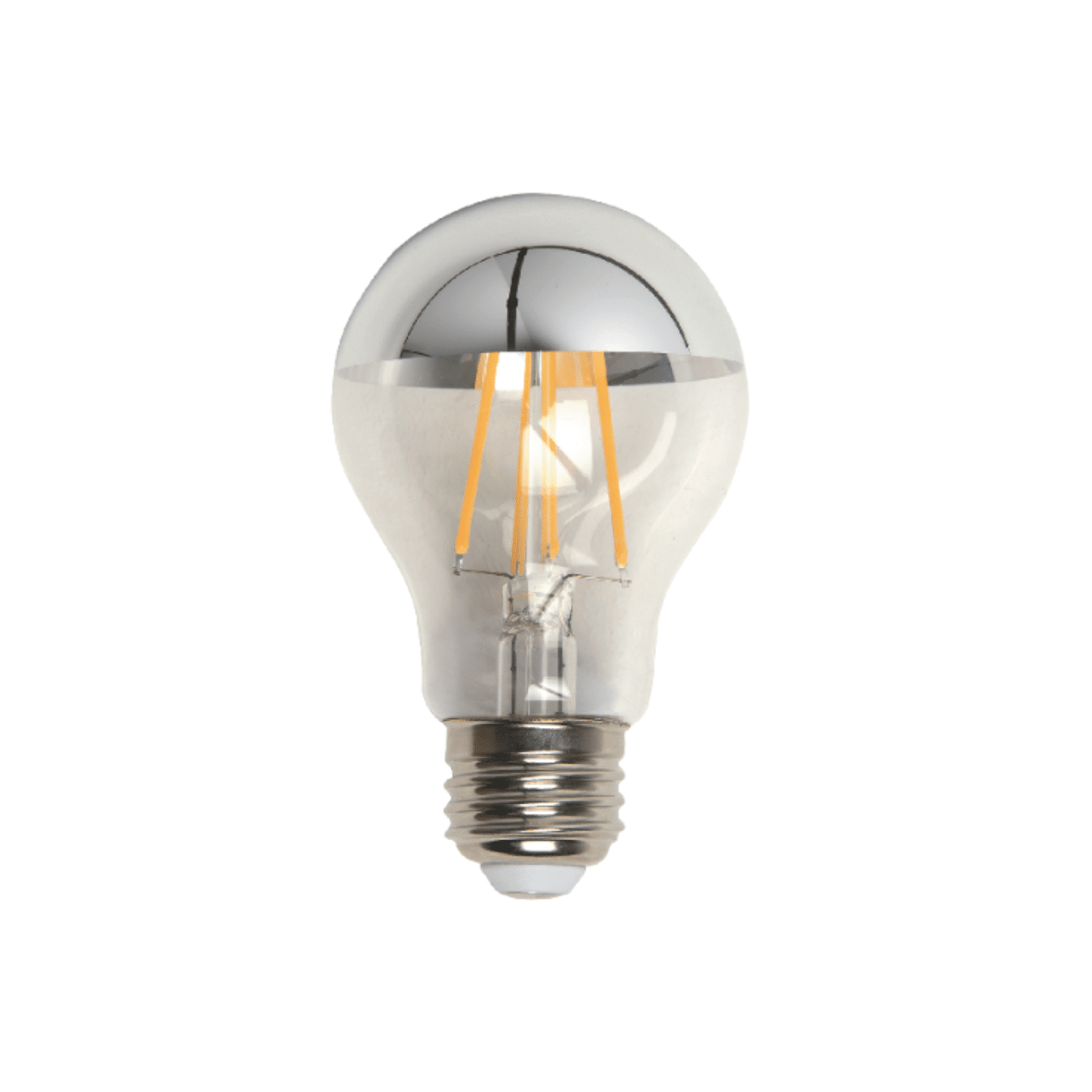Caring for the elderly in senior or assisted living facilities comes with a variety of challenges, including confusion around day/night cycles for many residents who spend all day and night indoors—particularly those who suffer from dementia or Alzheimer’s disease. Traditional electric lighting in these facilities does not provide the natural sky-blue light signals needed to reinforce and support healthy circadian rhythms. Most residents also have minimal access to bright daylight for enabling proper circadian entrainment. At the same time, lights are often kept on at night in care center bedrooms and bathrooms for safety reasons, which can disrupt proper sleep schedules and inhibit melatonin secretion.
As a result, residents often end up in a constant state of “biological twilight”, where they are not receiving the light signals required to let their bodies know when it is daytime and when it is nighttime. Circadian disruption (manifested as depression, agitation, nighttime wandering, increased daytime fatigue, loss of cognitive ability, etc.) can happen in most cases.
BIOS® SkyBlue® lighting solutions include an important sky-blue wavelength found in daylight to help stimulate circadian rhythms and promote healthy sleep patterns in older adults—providing a host of benefits for both the residents and the staff at senior living facilities.
Benefits of Circadian Lighting
Reduced Sundowners Syndrome and Nighttime Wandering
Studies have shown that sky-blue light signals—usually only available through exposure to daylight—can help elderly residents mitigate the effects of this “biological twilight” state by providing a stronger daytime light signal. BIOS SkyBlue lighting solutions bring this natural daytime light signal (at 490 nm wavelength, for peak melanopsin sensitivity) indoors to help improve mood and sleep while reducing symptoms of nighttime wandering, depression, agitation, and sundowners syndrome (in Alzheimer’s disease patients).
For example, BIOS circadian lighting technology was installed in the Lounge area at Joe’s Club, an adult daytime health care facility in Melbourne, FL, thereby helping to reduce the wandering of certain residents and contributing to increased calmness.
Improved Mood and Alertness
Traditional electric lighting systems are typically turned on at high power during the daytime when the caregivers want to use bright lighting to try to improve alertness and energy levels of the residents. Alternatively, some facilities make residents sit in areas with bright blue lighting for short periods of time during the day, as psychological “energy boosting” mechanisms. However, such approaches can actually result in confusion, glare and dizziness for the residents without providing significant biological benefits, while incurring added energy costs for the facility owners and health costs (from the added stress, or from their own circadian disruption during their rotating shift) for the caregivers.
The BIOS SkyBlue white LED circadian lighting systems, on the other hand, allow for user-preferred light levels and color temperatures—whether used in ambient or task lighting, or both—while naturally increasing alertness and mood during the daytime hours since the melanopsin-stimulating sky-blue component is also at its peak. Certain patients who are not allowed outside for long stretches are also prone to seasonal-affective disorder (SAD), in which case the regular and sustained daytime exposure to lighting from BIOS systems helps in reducing their fatigue and depression.
BIOS SkyBlue solutions have been integrated into the lighting systems in the geriatric emergency department at UC San Diego Health’s facility in La Jolla, CA—where they provide alertness during the daytime hours by adding a heightened amount of circadian signal, and the unique spectrum of SkyBlue technology enhances the visual identification of potentially life-threatening medical ailments (such as sepsis).
Improved Sleep Cycles
Effective circadian lighting has been shown in clinical studies to improve sleep cycles, and also to reduce psychotropic and sleep medications for memory care patients.
Since melatonin is only released when it gets dark, the lighting environment in senior/assisted living facilities should ensure reduced light levels for the residents during evening hours and optimize darkness during nighttime sleeping hours. At the same time, this can cause a conflict with the staff, who need to have adequate light to help care for the patient’s health and safety at all hours, whether day or night.
During the evening hours, the BIOS circadian lighting systems can be dimmed for the residents where needed—without sacrificing lighting quality—while also automatically reducing that daytime light signal, thereby letting the senior center residents wind down gently and mindfully, and allowing their caregivers also to be less stressed in trying to get the residents to perform their nighttime functions and to go to sleep at a normal hour without constantly waking up or wandering in the dark.
BIOS is passionately committed to developing lighting solutions that improve overall mental and physical well-being. For seniors especially, it’s important to implement circadian lighting that doesn’t compromise comfort and familiarity and is designed to align with biological functions that are core to keeping humans healthy. BIOS SkyBlue is the only electric lighting solution that brings the natural daytime light signal indoors to create a more comfortable and natural environment for the elderly. It can be integrated into virtually any architectural light fixture—from common areas to bedrooms to cafeterias—and enables a comfortable and familiar visual experience for both residents and staff.
BIOS LED Light Bulbs
Looking for a solution to provide the same circadian benefits of the sun? Browse BIOS LED light bulbs featuring BIOS SkyBlue®. If a great night’s sleep is what you need, BIOS NightFall bulbs help create a tranquil evening environment. Use BIOS SkyBlue bulbs in common areas and our NightFall bulbs in individual rooms to maximize the benefits of the lighting technology.
SkyBlue® A21 LED Light Bulb
SkyBlue® A21 is an LED retrofit bulb, powered by BIOS SkyBlue® patented circadian technology. 9W LED Replaces 60W Incandescent.
SkyBlue® BR30 LED Bulb
SkyBlue® BR30 is a LED retrofit light bulb, powered by BIOS SkyBlue® patented circadian technology. 8W LED Replaces 65W Incandescent.
Nightfall A19 LED Light Bulb
BIOS Nightfall A-19 LED light bulb brings the outdoor beauty of a campfire indoors, facilitating sleep initiation, promoting sleep consolidation, and reducing skyglow.







